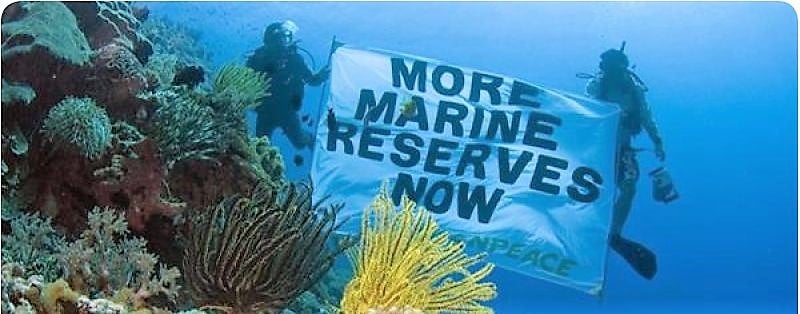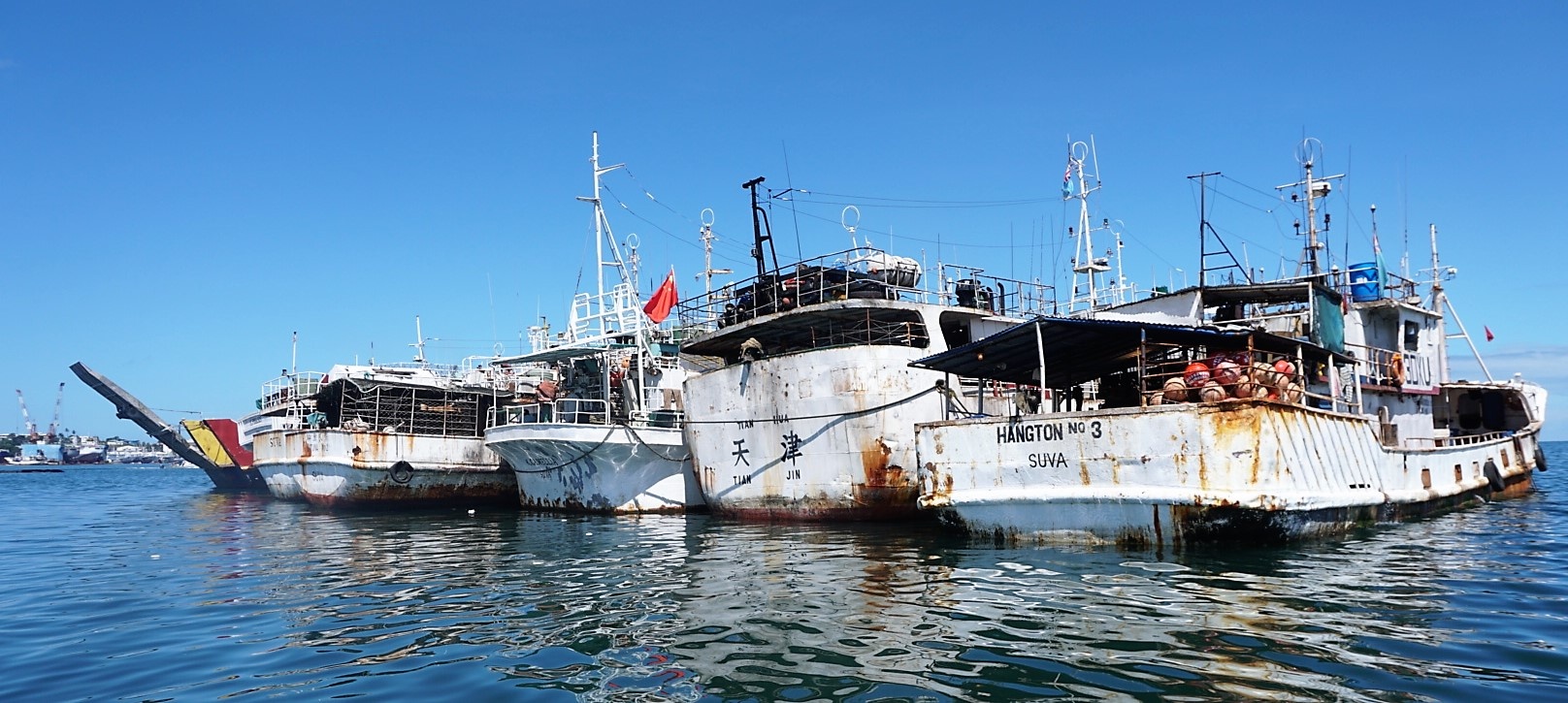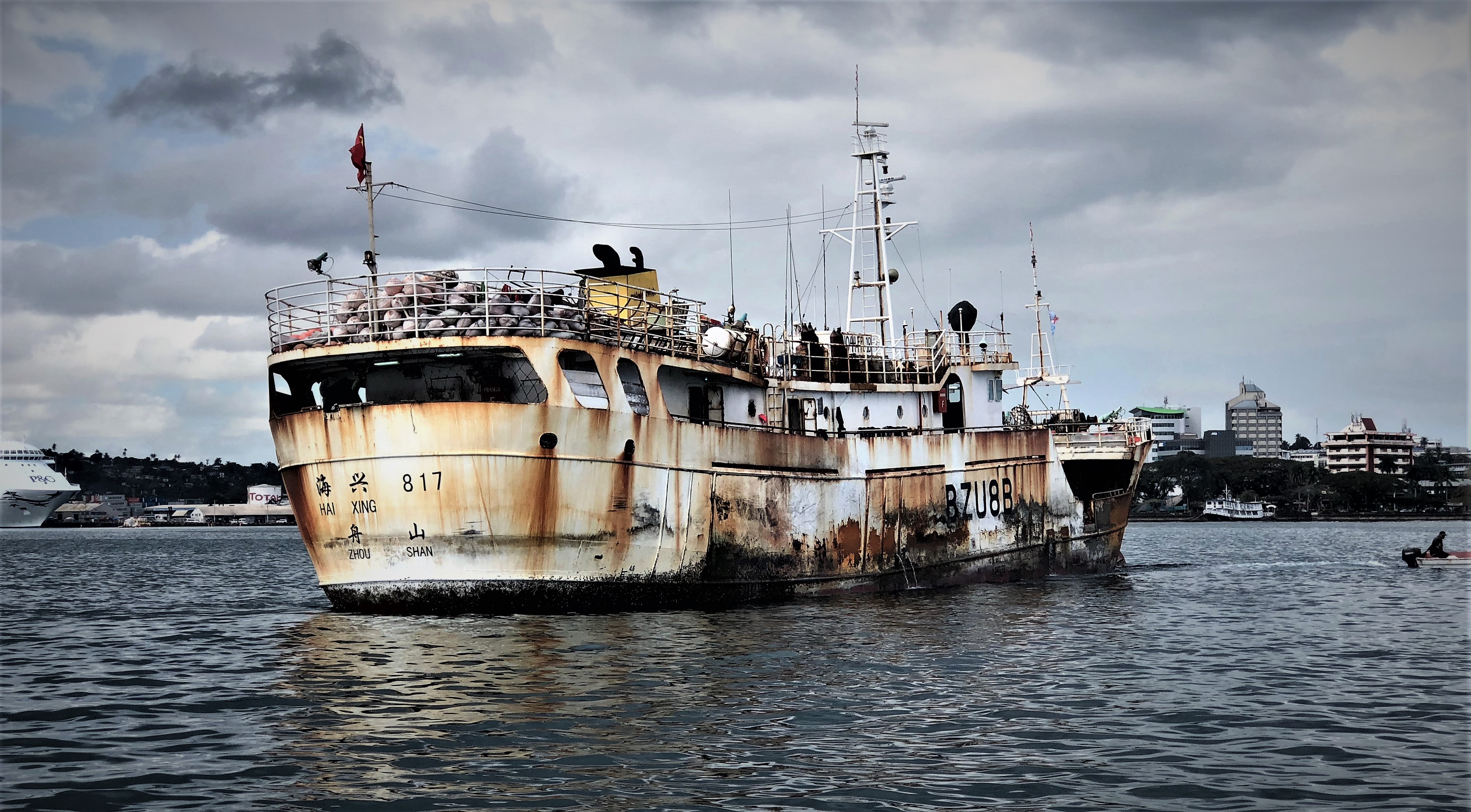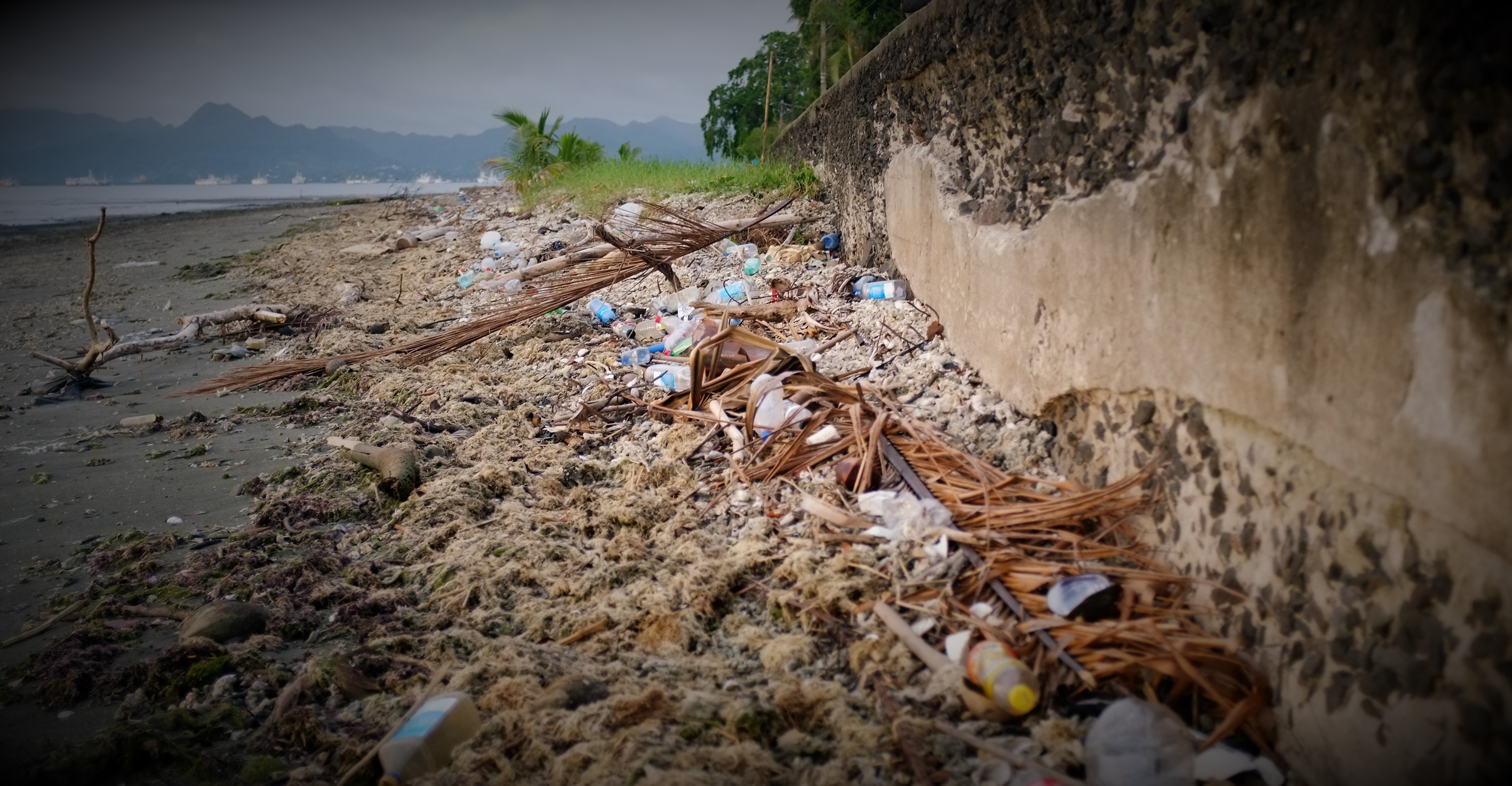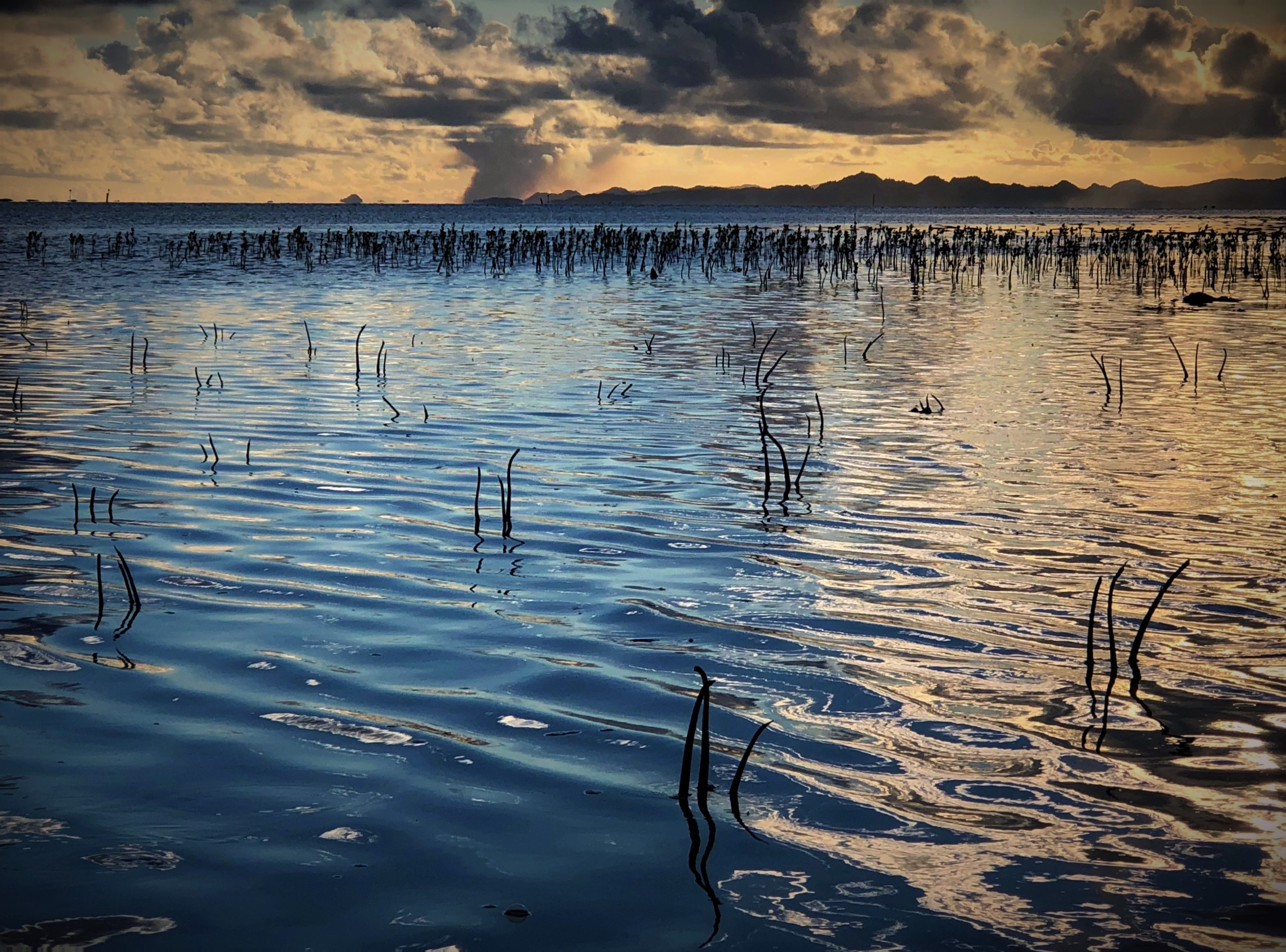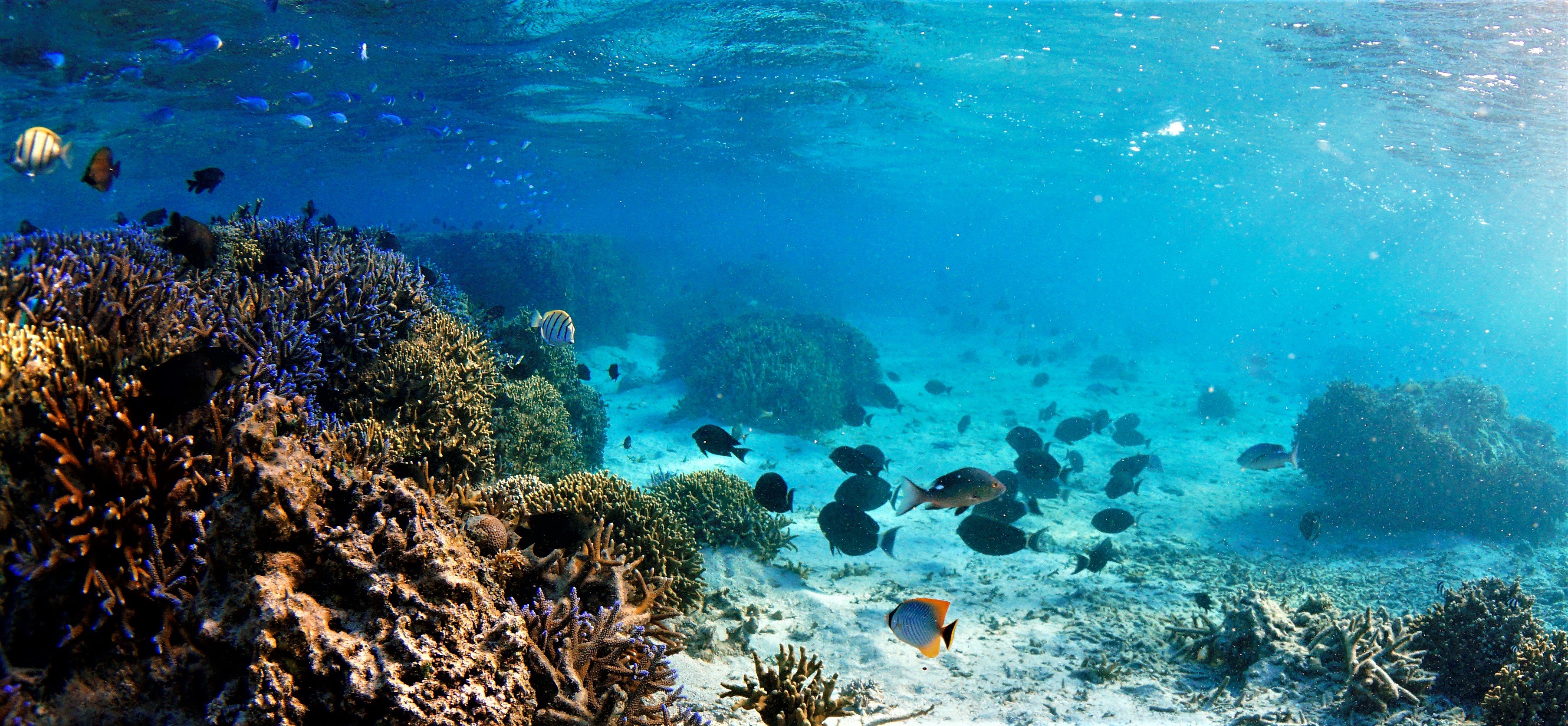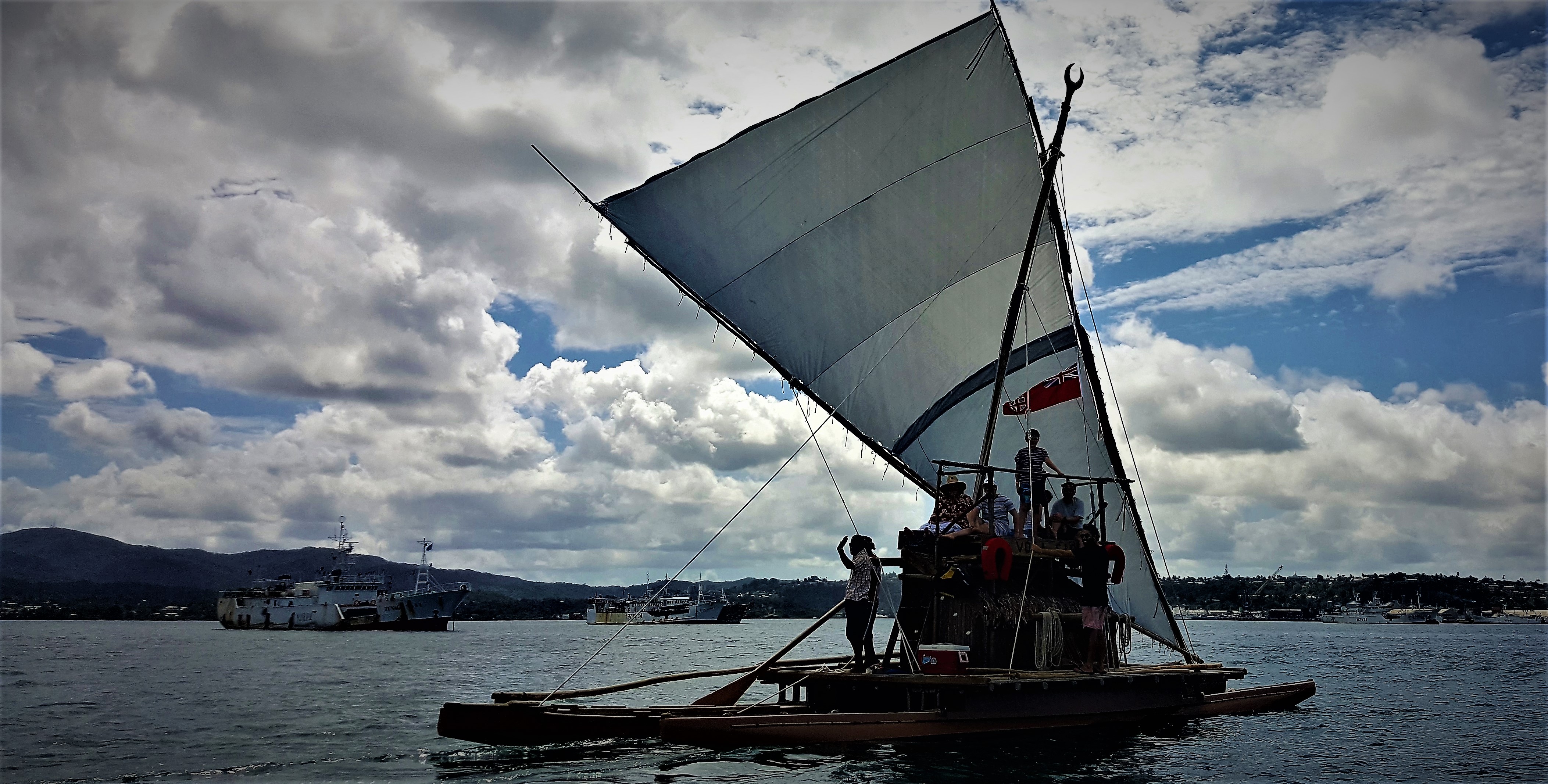In February 2021, the Office of the Pacific Ocean Commission (OPOC), established under the then Pacific Ocean Commissioner, Dame Meg Taylor launched an excellent “suite of Ocean reports” with a focus on ocean finance. This focus on ocean finance is well timed to assist PICs to address the major challenge of finding a way to make the protection of its ocean ecosystems both politically and economically viable.
One of the reports titled “Pacific Ocean Finance Program - Insurance” is authored by Dr. Simon Young and Jacqueline Wharton of the “global advisory, broking, and solutions company” - Willis Towers Watson. The report provides a detailed and informative discussion and explanation of the potential for a type of insurance known as “parametric insurance” to play a role in relation to adapting to the effects of climate change and to promote marine conservation.
The idea of utilising insurance products to increase resilience of coastal ecosystems is innovative but it also naturally leads to questions relating to how this type of insurance product will work and what its role could be. In this bulletin we consider how this type of insurance product could work within the legal and governance context in Fiji and the broader Pacific Island context. We also note that there are currently a number of initiatives underway in Fiji in relation to ocean insurance and sustainable financing initiatives, and these are being promoted by a number of development agencies including the Asian Development Bank (ADB) and the World Bank who are working with Fiji’s Ministry of Economy. In this bulletin we provide a brief update in relation to ADB’s project on “Partnerships for Coral Reef Finance and Insurance in Asia and the Pacific”. ADB has secured concept approval from the Global Environment Facility (GEF) for this project; which will cover Indonesia, Philippines and Solomon Islands. As this is a topic relevant to Fiji, ADB has supported[1] an initial baseline assessment to explore feasibility of including Fiji in this, or similar type of initiative. Some of the insights presented below are the result of this work.






